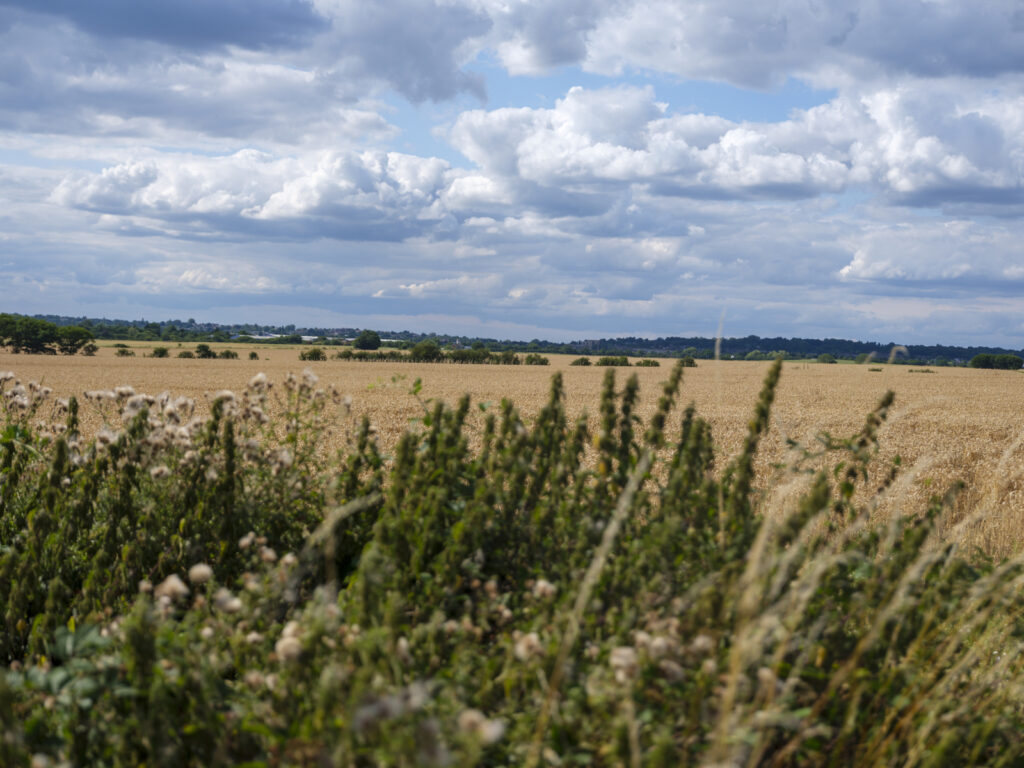From (Big) Local to national: Reflecting on the APPG for ‘left behind’ neighbourhoods
Through our work delivering the Big Local programme, we’ve built a body of evidence which demonstrates that strong, locally led community institutions are all-important when it comes to the health and resilience of England’s neighbourhoods.
And since 2020, a central area of our work has been providing a platform for Big Local residents, volunteers and workers to share their experiences directly with policy and decision makers, nationally as well as locally.
Individuals directly involved with Big Local have shared their experiences of making a difference in their neighbourhoods; the priorities they set for their communities when given the choice; and the challenges they’ve faced while delivering change.
These insights have played a critical part in consultations at St George’s House in Windsor, at party conferences and as part of a major campaign for a Community Wealth Fund, to secure long-term funding for the country’s most disadvantaged areas.
A cross-party voice in Westminster
These first-hand examples of community resilience and mobilisation also played a crucial role in the work of the All-Party Parliamentary Group (APPG) for ‘left behind’ neighbourhoods. Over the course of its work from 2020 to 2024, more than twenty representatives from Big Local and Creative Civic Change areas joined evidence hearings to share their stories.
Local Trust served as the APPG’s secretariat during this period. We brought together voices and expertise from across parliament, civil society and communities, to raise awareness and understanding of places facing the double disadvantage of deprivation and a lack of social infrastructure.
We know that if we want to improve the lives of residents in the long term, we need to work on the bigger picture … That means empowering and enabling people to be involved in strategic conversations.”
Angie Buss, Blackpool Revoe Big Local, APPG inquiry session three
Each APPG session focused on the specific challenges residents were facing in ‘left behind’ neighbourhoods – including employment, educations and skills, transport and connectedness, health services, and crime.
As Billy Dasein from East Marsh United told our fourth inquiry session: “Ultimately, we do have a view of how we want to live. And actually it’s pretty much the same as everybody else on the planet. A nice home, safe, attractive and green neighbourhood, good neighbours and enough money not to have to worry all the time.”
The goal of each session was to develop corresponding policy recommendations, informed by the knowledge and perspectives of the people who work in and call these places home.
The APPG heard striking examples of resident-led change from Big Local areas, including:
- The youth mental health group from Ewanrigg, who have tackled stigma around mental health and reduced social isolation in their Cumbrian community.
- The resident-led food project in Tang Hall, North Yorkshire, which provided fresh, affordable and good quality food to those who need it.
- The Bristol estate Lawrence Weston, who developed England’s largest onshore wind turbine, generating enough electricity to power 3,500 homes. The community-owned turbine runs alongside a solar farm, providing more than £100,000 a year for neighbourhood activities.
The lived experience of those working to improve outcomes in their communities also helped shape the final findings of the APPG’s inquiry into levelling up, following the release of the then Conservative government’s flagship Levelling Up White Paper in early 2022.
The outcome was a set of concrete recommendations, to ensure the needs and aspirations of those living in our most disadvantaged neighbourhoods receive the resource and policy focus they require.
It’s about prioritising the most vulnerable communities in levelling up spend, investing long term in communities and investing so residents themselves hold the purse strings and are empowered to create and deliver projects that best work for them.”
Reece Pocklington, Ewanrigg Local Trust, APPG inquiry session one
Looking to the future
Nearly six months into a new government and parliamentary intake, the place-based inequality that continues to define our country underscores how critical and urgent the APPG’s objectives were – and remain.
While the APPG’s activities have come to an end, Local Trust will be continuing its research and advocacy in support of doubly disadvantaged neighbourhoods, both within and outside parliament.
We remain dedicated to sharing the learning from the Big Local programme as it enters its final phase, working with Big Local areas, and the organisations continuing their work, to ensure the voices of local people are heard and valued.
Generating sustainable improvements for the country’s most deprived communities will require the government to take a strategic, committed and long-term outlook. To secure a lasting impact, this approach will need to tackle the country’s deep-seated geographic inequalities at the neighbourhood level, assigning resources to be held and deployed by communities within a framework of tailored and appropriate support.
We will continue to call for these fundamental ideas to be taken forward, taking inspiration from the community members and volunteers who have so generously shared their experiences with us.
Read more about the work of the APPG in our report: Reflecting on the All-Party Parliamentary Group for ‘left behind’ neighbourhoods, 2020 – 2024.
Tilly is Local Trust’s policy and parliamentary manager

